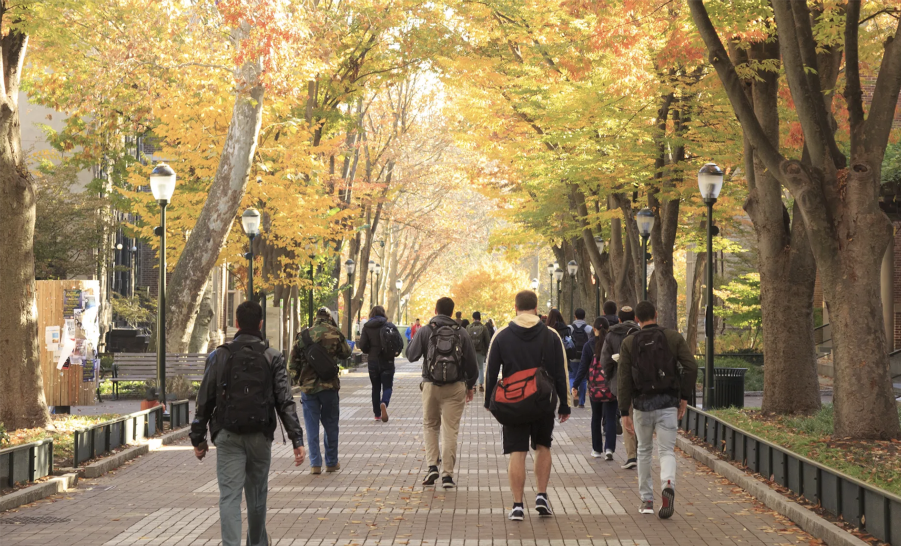How UWM Peer Georgia State Figured Out How to Graduate More Black Students
UWM is replicating efforts by Georgia State to improve retention and graduation rates for at-risk students.
Romito / International Studies in Sociology of Education / January 2022

Based on a qualitative study of school-to-university transition focused on working-class first-generation university students, the aim of this paper is twofold. First, it illustrates the multiple intertwining dimensions of the process of moving from school to university within an ‘open-door’ admission policy context such as the Italian one. Second, it emphasizes the role of students’ social networks and secondary school institutional habitus in differentiating how working-class students experience university decision-making. Using a Bourdieusian framework, this paper show that family habitus and cultural capital influence the decision to transition to university. However, the paper also shows that these influences are mediated by schools’ institutions according to their positions within the Italian tracking structure. In this respect, it is argued that institutional habitus constitutes a relevant heuristic to provide deeper understanding of barriers encountered by working-class students to access to university and to acknowledge the existence of important dimensions of differentiation among these students.